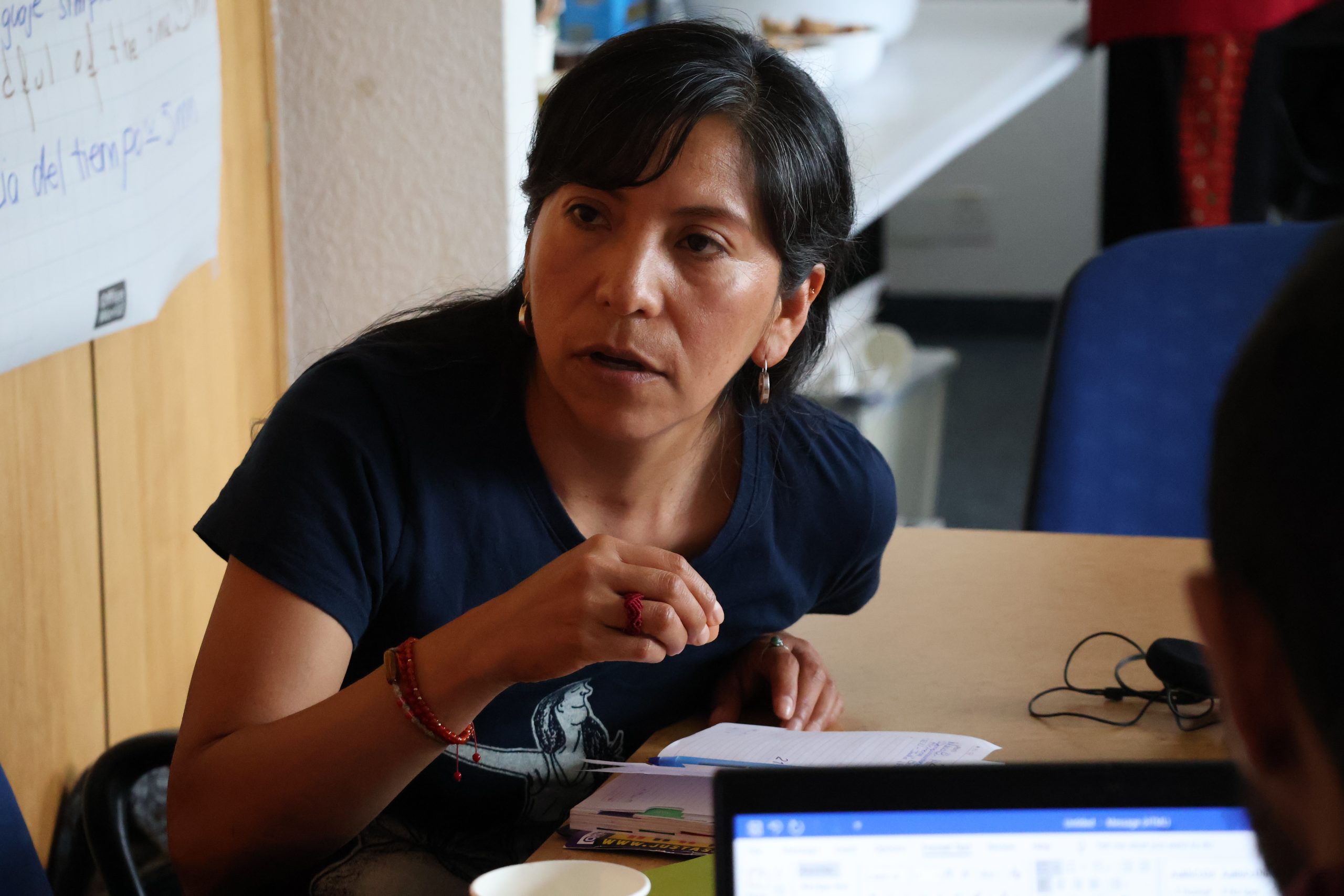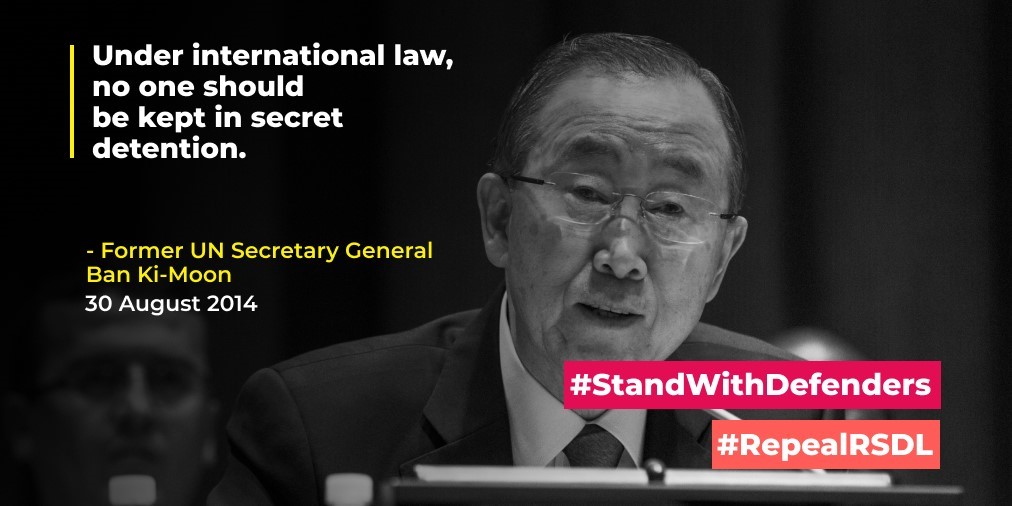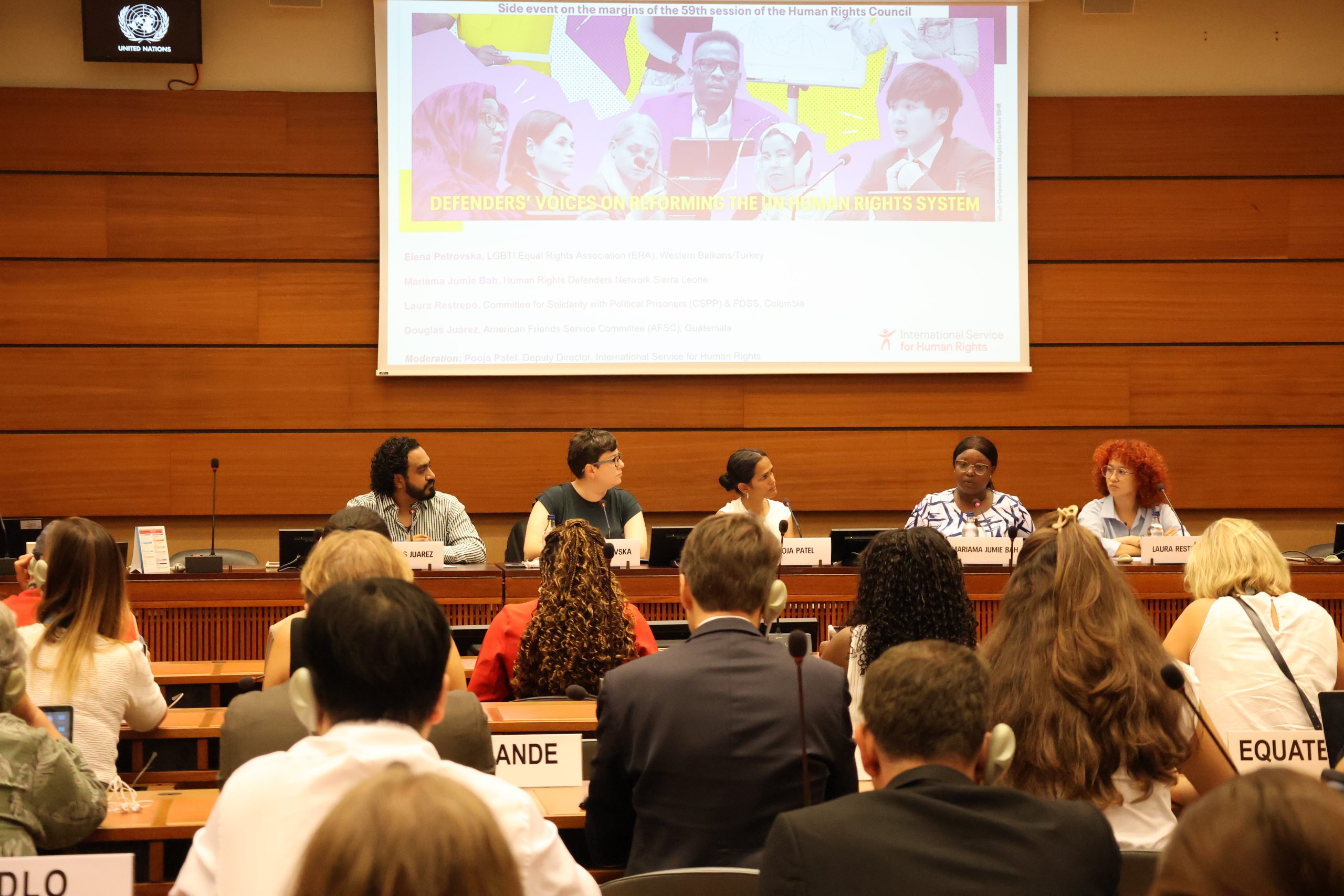So, what is RSDL? Who is subject to RSDL? What are the rights and obligations of persons under RSDL? What are the problems with the RSDL system?
- Residential Surveillance and RSDL: what is the difference?
There are provisions on residential surveillance in various versions of the Criminal Procedure Law of the People’s Republic of China (1979, 1996, 2012, and 2018). Residential surveillance is a coercive measure taken against pending criminal suspects or defendants. It is stronger than ‘bail pending trial’, but weaker than criminal detention. It is usually a measure applicable to misdemeanor suspects or defendants.
However, since the revision of the Criminal Procedure Law in 2012, residential surveillance has experienced tremendous changes, now divided into two types. The first that could be called ‘general residential surveillance’, is similar to previous provisions of the Criminal Procedure Law: it may be sued against ordinary criminal suspects and defendants of misdemeanor crimes, or those who suffer from a serious illness and cannot care for themselves; or pregnant women or those currently nursing their own infant, or the sole caretakers of persons unable to care for themselves. The 2012 version of the Criminal Procedure Law yet added new applicable conditions: it may be used Another type of residential surveillance can be called ‘special residential surveillance’, what we know as ’Residential Surveillance at a Designated Location-‘ The emergence of this new residential surveillance system is mainly due to the increase in criminal offenders with no fixed residence, as well as crimes suspected of allegedly endangering national security and terrorist activities. This article only discusses this latter kind of residential surveillance.
Some scholars divide residential surveillance after the 2012 revision of the Criminal Procedure Law into ‘human needs’ and ‘case handling needs.’ This classification overlaps with the above-mentioned classifications. For example, residential surveillance for ‘human needs’ includes both those who are seriously ill and unable to take care of themselves, and those who have no fixed domicile and are assigned a place to live. The residential surveillance in these two situations reflects what could be, to a certain extent, considered as a more humanistic concern of the judiciary. However, ‘case handling needs’ provides a legal veil for the judiciary to act maliciously, and is seriously inconsistent with the provisions and spirit of international human rights law.
- Application of RSDL
Residential surveillance is usually carried out at the residence of the criminal suspect or defendant. RSDL however, is only possible if the following two conditions are met.
- There is no permanent residence. In reality, some criminal suspects and defendants do have no fixed residence, and some are roaming and committing crimes, but they do not meet the conditions for custody, have no fixed residence in the jurisdiction of the case, and no one is willing to guarantee or provide security for them. In this case, RSDL is indeed a manifestation of judicial progress.
- If the crime is suspected of endangering national security or terrorist activity, and meets the conditions for residential surveillance. However, if the execution at the residence may hinder the investigation, the execution may also be performed at the designated residence with the approval of the public security organ at the next higher level. This kind of designated detention is mainly designed to target cases endangering national security and terrorist crimes. Under the circumstances of residential surveillance, if the person involved in the case is allowed to live in his residence, it may affect the correct handling of the case. Therefore, the RSDL has certain legality. However, such regulations have been distorted and abused in judicial practice, and have even become a tool to suppress and persecute political prisoners and other dissidents who oppose the CCP.
- Analysis of the RDSL system in light of international human rights law
Since its inception, the RSDL system has sparked controversy in the legal circle. Many scholars with unshakable conscience are very worried about the ‘evil law’ aspect of the system, especially accusing the system of conflicting with the provisions of international human rights law.
RSDL violates the criminal suspect's inherent dignity and value as a human being.
Respecting the dignity that all human beings have is a common international principle, and is reflected in many international human rights documents. For example, Article 1 of the Universal Declaration of Human Rights clearly states: ‘All human beings are born free and equal in dignity and rights. They are endowed with reason and conscience and should act towards one another in a spirit of brotherhood.’ Yet, under the CCP’s RSDL system, flaw enforcement officials from the very start regard detainees as enemies of the regime they defend, and refer to the places in which detainees are held as “warehouses” , indicating that animals and, and not people, are imprisoned in it. Since they are regarded as enemies of the regime and animals from the very start, , the entire system and its law enforcement officers will naturally not respect the dignity of the suspect as a human being. Food is scarce and difficult to swallow, and suspects, whether male or female, have no personal privacy at all. They are completely exposed in front of law enforcement officers and under their surveillance.
Respect for the human dignity of suspects is also stipulated in the UN General Assembly Resolution 43/173 ‘Principles for the Protection of All Persons under Any Form of Detention or Imprisonment’, listed as the first principle: ‘All persons under any form of detention or imprisonment shall be treated in a humane manner and with respect for the inherent dignity of the human person.’ It is widely recognised that in many international human rights laws, inhuman treatment is strictly prohibited.
The Standard Minimum Rules for the Treatment of Prisoners (Mandela Rules) 6(1) also state: ‘The following rules shall be applied impartially. There shall be no discrimination on grounds of race, colour, sex, language, religion, political or other opinion, national or social origin, property, birth or other status.’ Most of the suspects under RSDL are political dissidents. According to the provisions of international human rights law, national laws and law enforcement officials should not discriminate on the basis of ‘political or other opinions.’
RSDL violates the humanitarian spirit of international human rights law.
From a legal point of view, a suspect is only a suspect, he has not been judged as a real criminal by the judicial system yet. Except for the loss of personal freedom, other rights should not be naturally deprived, especially his basic humanitarian needs, such as meeting relatives and friends. For example, Article 10 of the International Covenant on Civil and Political Rights stipulates: ‘All persons deprived of their liberty shall be treated with humanity and with respect for the inherent dignity of the human person.’ For persons under RSDL, the place of detention is generally not disclosed, including to the family members and to the defense lawyers of the suspects, not to mention the protection of the suspect’s right to meet with lawyers and family members. Some case-handling agencies even take the suspects to an unknown place for so-called ‘RSDL’ using pseudonyms, so that the suspects are held completely isolated from the whole world.
RSDL violates the prohibition of torture and ill-treatment of suspects under international human rights law.
Article 5 of the Universal Declaration of Human Rights states that ‘No one shall be subjected to torture or to cruel, inhuman or degrading treatment or punishment.’ Article 7 of the International Covenant on Civil and Political Rights states that ‘No one shall be subjected to torture or to cruel, inhuman or degrading treatment or punishment.’ The two clauses are almost identical in their drafting, which shows that there is a consensus on the prohibition of ill-treatment and torture internationally. In the CCP’s law enforcement philosophy, the rational behind RSDL is to better extract evidence from suspects that allows them to complete their tasks. To this end, law enforcement officials have taken all kinds of cruel and inhumane measures to prompt suspects to compromise, confess and cooperate. This includes threatening suspects with persecution of their relatives, and forcing suspects to provide law enforcement officials with the information they want, among other tactics. During the ‘709 crackdown’, lawyer Xie Yang’s torture under RSDL was disclosed by lawyer Chen Jiangang: at that time, people really realized that the reason why law enforcement officials used RSDL was to avoid all kinds of supervision, so that they could torture detainees. Lawyer Chang Weiping was arrested for participating in a citizen gathering and suffered some disguised torture under RSDL, which also proves that the RSDL system violates international human rights law.
The author of this essay is a Chinese lawyer whose identity can not be revealed here for security reasons.
Article also available in




